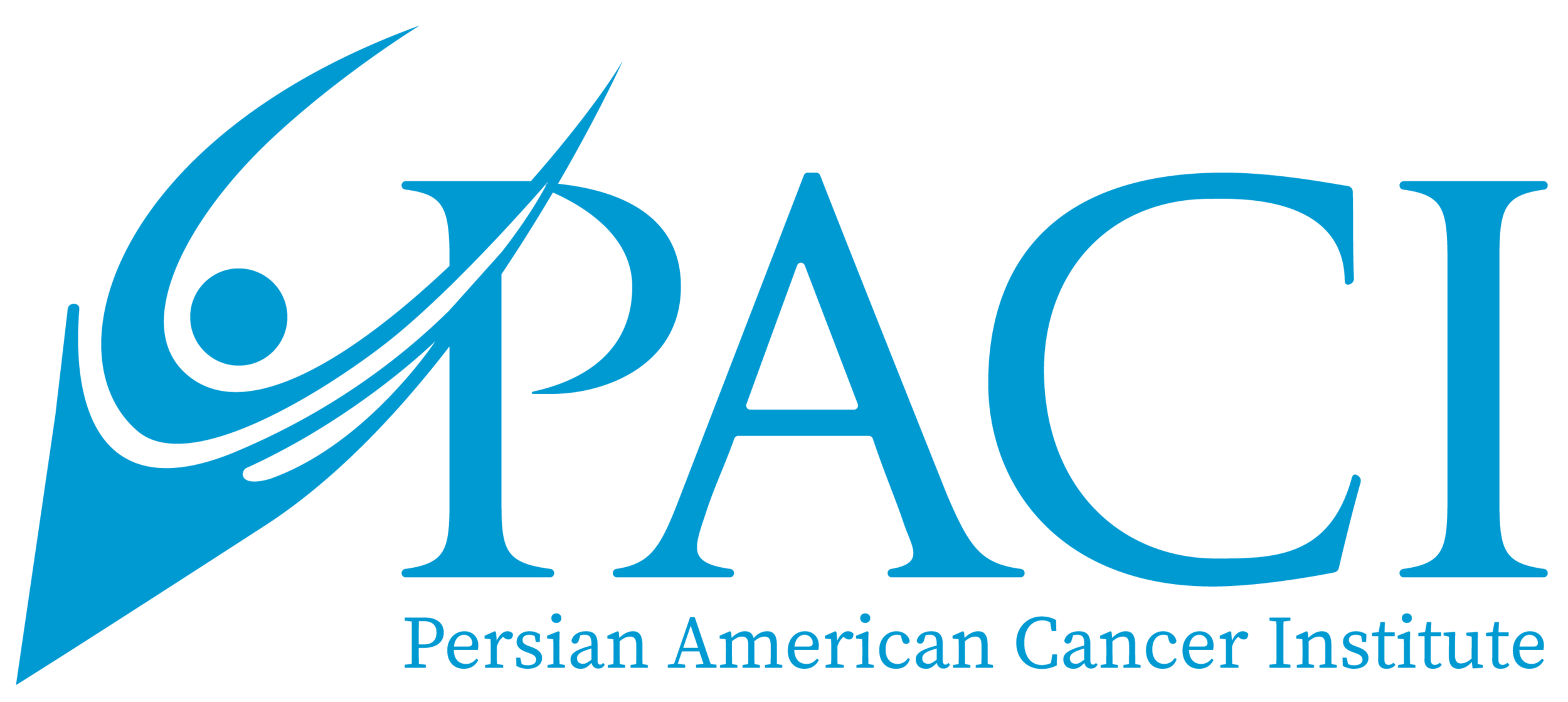FDA Warns About Robotic Mastectomy, Other Surgeries
Article by Nick Mulcahy - February 28, 2019
The US Food and Drug Administration (FDA) today issued a safety communication to healthcare providers about the use of robotically assisted surgical devices for mastectomy and other cancer-related surgeries that are not already FDA approved.
The agency urged caution about any such use.
Robotic devices are approved for use in prostate cancer but not in most cancers.
The safety and effectiveness of robotic devices for mastectomy and other cancer surgeries versus current standards are not established, said Terri Cornelison, MD, PhD, assistant director for the health of women in the FDA's Center for Devices and Radiological Health, in a statement.
The FDA emphasized that it has not granted marketing authorization for robotic surgery in mastectomy.
The FDA letter comes 3 weeks after a Medscape Medical News story that raised issues about the safety of robotic mastectomy and the appropriateness of its use in one community hospital in New Jersey.
"It's a really robust advisory," Hooman Noorchashm, MD, PhD, a Philadelphia-based surgeon turned patient advocate told Medscape Medical News.
The content of the FDA letter, said Noorchashm, suggests that the agency will hold robotic devices used for cancer surgery to a higher standard than other 510K devices going forward — by requiring long-term cancer outcomes data and not just 30-day complications rate data, he observed.
The FDA letter reads: "To date, the FDA's evaluation of robotically assisted surgical devices has generally focused on determining whether the complication rate at 30 days is clinically comparable to other surgical techniques."
The letter then continues with important wording, said Noorchashm: "To evaluate robotically assisted surgical devices for use in the prevention or treatment of cancer, including breast cancer, the FDA anticipates these uses would be supported by specific clinical outcomes, such as local cancer recurrence, disease-free survival, or overall survival at time periods much longer than 30 days."
Noorchashm's interest in patient safety stems from the experience of his wife, Amy Reed, MD, who died of uterine cancer in 2017 after a laparoscopic hysterectomy procedure upstaged an undetected cancer.
The new FDA communication does not disallow breast surgeons from using a robotic device to perform a mastectomy.
However, said Noorchashm, it will act to slow the "willy nilly" adoption of the device and procedure in currently unapproved indications, such as mastectomy.

